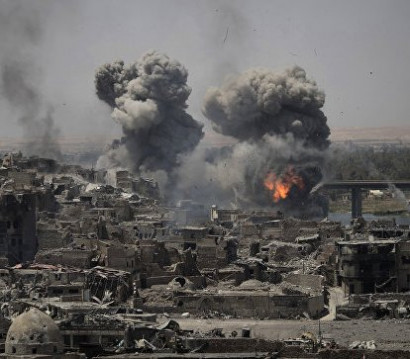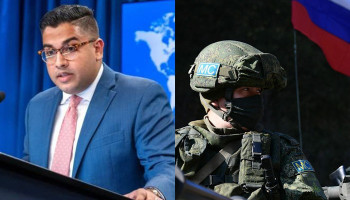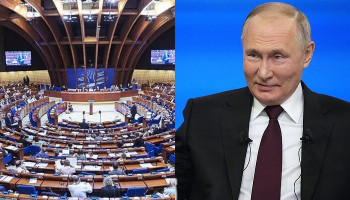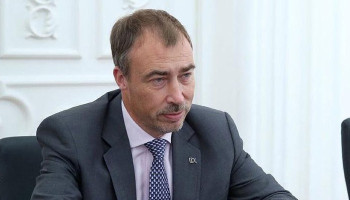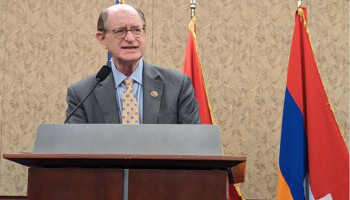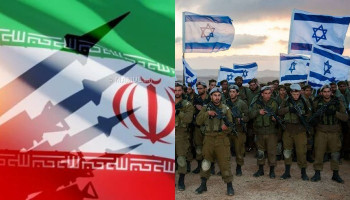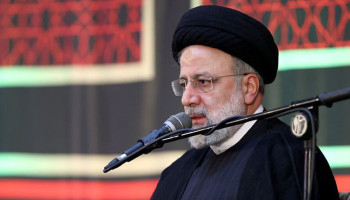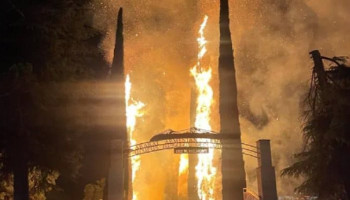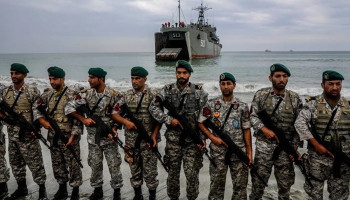The US-led coalition fighting ISIS has told its local Syrian allies that they must be exclusively focused on fighting ISIS and not fight the Syrian regime, a directive that prompted one rebel group to depart a joint coalition base in Southern Syria, several coalition and US defense officials told CNN.
"The coalition supports only those forces committed to fighting ISIS," coalition spokesman US Army Col. Ryan Dillon told CNN.
But one US-backed group which calls itself "the Shohada Al Quartyan" has balked at the restriction, opting to leave the base to carry out independent operations against Syrian regime troops several US and coalition officials told CNN. The officials added that other local allies remain at the garrison and continue to cooperate with coalition advisers.
"The Shohada Al Quartyan have made it known that they may want to pursue other objectives. The coalition is making it clear to Shohada Al Quartyan leadership that if they choose to pursue other objectives, the coalition will no longer support their operations," Dillon said.The Pentagon refers to its local allies in southeastern Syria as "Vetted Syrian Opposition," a name that highlights the fact that many of these fighters became organized in opposition to the government of Bashar al-Assad. This group differs from the much larger Syrian Democratic Forces, a mix of Kurdish and Arab fighters that are fighting to eject ISIS from Raqqa in northern Syria.
These Vetted Syrian Opposition forces are being trained and equipped by US and coalition military advisers at the At Tanf base which sits near the tri-border area between Syria, Jordan and Iraq.
A US defense official told CNN that the commander of the Shohada Al Quartyan group, Mohammed Qasim, had taken his forces outside the 55-km "de-confliction" zone surrounding At Tanf to carry out independent operations against pro-regime forces.
The zone had been established by the US and Russia to prevent clashes between pro-regime forces and coalition forces and their local allies.
CNN has previously reported that pro-regime forces had established a number of outposts and checkpoints in the area near the de-confliction zone. US officials have told CNN they believe pro-regime militias backed by Iran are setting up a series of checkpoints as part of an effort to establish a strategic overland route from Iran to the Mediterranean coast.
That proximity had led to some clashes last month, including US airstrikes against regime forces who had encroached on the zone and US jets shooting down two pro-regime drones that were perceived to pose a threat to local allies and their coalition advisers.But the Pentagon has noted that tensions between the coalition and regime forces had abated in recent weeks and the US and coalition have urged all parties to focus on fighting ISIS.
"We are not in the business of fighting the regime," a coalition official told CNN.
"They can't have multiple objectives and we need to be singularly focused on fighting ISIS," the official said, adding that there were still significant numbers of US-backed fighters at At Tanf and that it was possible that not all members of the Shohada Al Quartyan group would follow their leader in pursuing anti-regime operations.
A US defense official told CNN that the unit's commander had been in negotiations with coalition officials to bring his fighters back to At Tanf and was due to return Tuesday, however the official said the commander sent two of his deputies in his place who explained that their operations outside the de-confliction zone were "defensive in nature" aimed at thwarting pro-regime forces
The tensions between the rebel group and the US military over fighting Assad comes days after the head of Special Operations Command, Gen. Tony Thomas, appeared to confirm a Washington Post report that the Trump Administration had ended a classified CIA program to arm anti-Assad rebels in Syria.
Yet despite the recent termination of that program and the pressure on the military's local allies not to fight Assad's forces, President Trump said Tuesday that he was "not a fan" of the Syrian leader.
"I am not a fan of Assad. I certainly think that what he's done to that country and to humanity is horrible," Trump said during a White House press conference with Lebanese Prime Minister Prime Minister Saad Hariri.
